Conquering Mount Kilimanjaro, Africa’s highest peak, is a remarkable achievement that requires both physical and mental preparation. At Kiliclimb Africa Safaris, we understand that reaching the summit of this majestic mountain is not just about strength but also endurance, resilience, and the right training. Our comprehensive Kilimanjaro training program is designed to help you achieve peak performance, ensuring that you are fully prepared for the challenge ahead.
How Fit Do You Need to Be to climb Mountain Kilimanjaro?
When it comes to climbing Kilimanjaro, the type of fitness matters more than the level. The trek to the summit is essentially a hike, so the most effective preparation involves hiking, particularly under conditions that mimic the mountain’s terrain. While general fitness activities like jogging are beneficial, they don’t fully prepare your muscles for the unique demands of a multi-day ascent.
We recommend an 8-week training program leading up to your trek. This timeframe allows you to gradually build up your endurance and strength. Alongside regular gym sessions, make sure to include walking and hiking to develop the muscles you’ll rely on during the climb.
For those who want to take their preparation a step further, we suggest embarking on one or two-day hikes in your local area. Not only will this help physically, but it will also give you a taste of the mental discipline required for the climb.

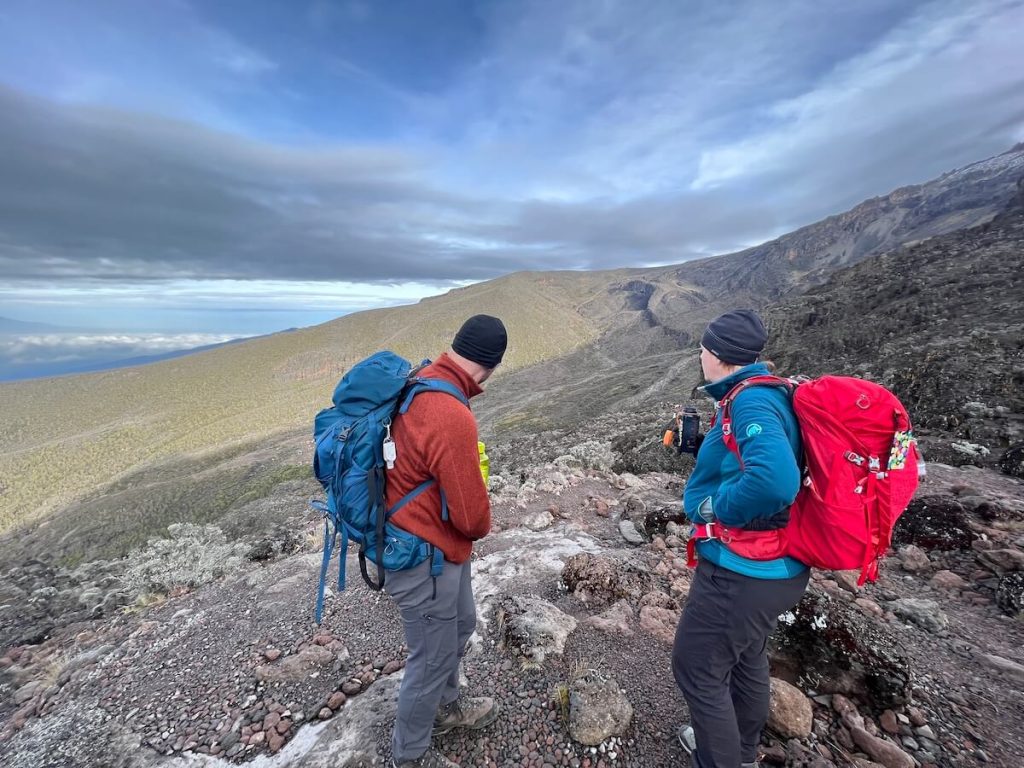
Key Considerations Before You Begin Your Kilimanjaro Training.
Medical Check-Up: Before starting any training program, it’s crucial to consult with your healthcare provider. Share your training plan with them to get their input. They’ll likely be pleased to hear you’re committing to regular exercise.
Progressive Resistance Training:Our training program includes a regimen of progressive resistance exercises, utilizing free weights or gym machines. This approach allows you to tailor your workout to your current fitness level and gradually increase the intensity as you become stronger.
Safety First: While our program is designed to be safe for all participants, it’s essential to perform each exercise correctly and follow basic safety procedures. We also recommend reading up on physical fitness or consulting a local fitness expert for tips on proper technique.
Mountain Kilimanjaro Special Gym Training Program;Our gym training program spans 8 weeks and is divided into specific exercises focusing on different muscle groups. Here’s a brief overview:
Warm-Up: Start with 5 minutes of stretching to prepare your muscles.
Leg Development: Exercises like cycling, squats, leg presses, and calf raises will build strength and endurance in your lower body.
Lower Back and Abdominal Strengthening: Hyperextensions, crunches, and leg raises will help support your back and core during the trek.
Cool Down: Conclude each session with stretching to aid in muscle recovery.
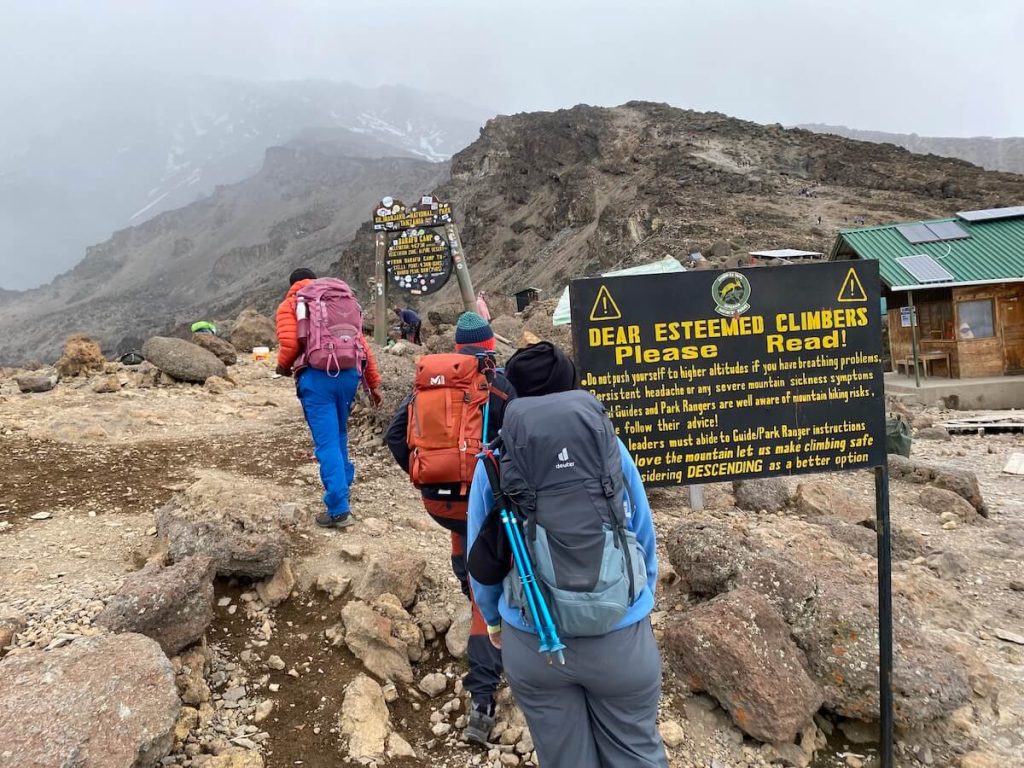
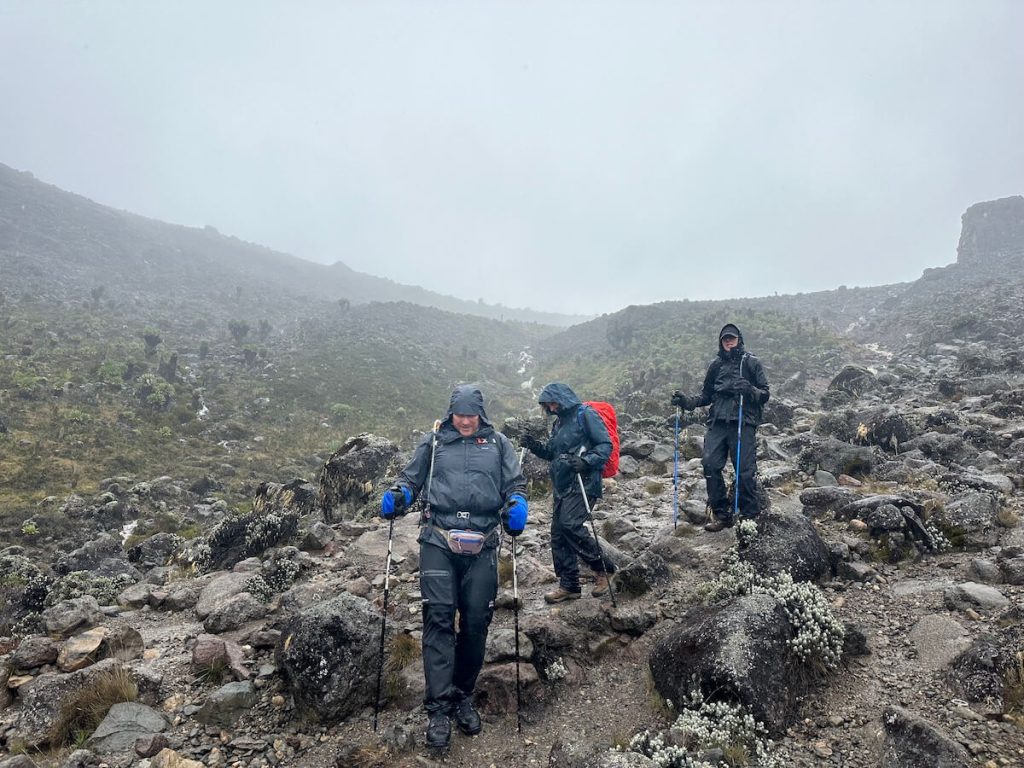
Your Kilimanjaro Training Tips
Mountain Kilimanjaro Walking Program
Walking is a critical component of your training. We recommend incorporating walks that include uphill and downhill sections, mimicking the terrain you’ll encounter on Kilimanjaro. Carry a daypack with at least 3 liters of water or equivalent weight to simulate the conditions of the trek.Weekly Training Schedule:
Our 10-week walking program gradually increases in intensity:
Make sure to complete your walking program at least 4 days before your summit attempt to ensure your body is well-rested.

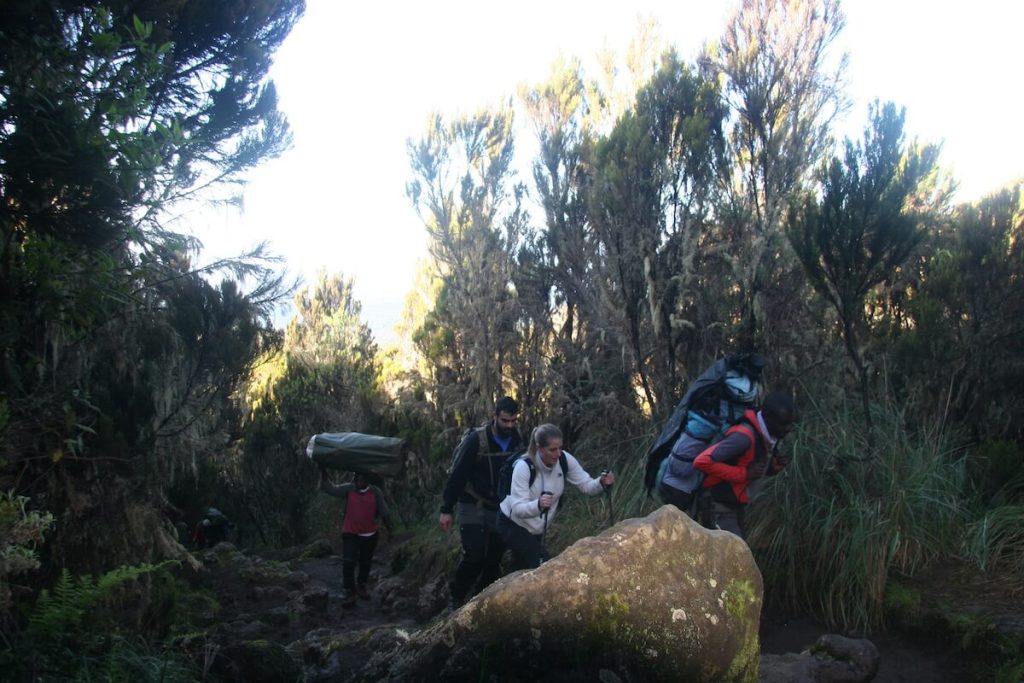
Kilimanjaro - Useful Information
READY TO ACHIEVE YOUR KILIMANJARO CLIMB DREAM?
Regular Health Checks
By following the Kiliclimb Africa Safaris training programs for both the gym and walking, you’ll be well-prepared to tackle the challenge of Kilimanjaro. Our carefully designed regimen ensures that you’re physically ready, leaving you to focus on the mental aspects of the climb. Embrace the journey, and remember that we’re here to support you every step of the way.
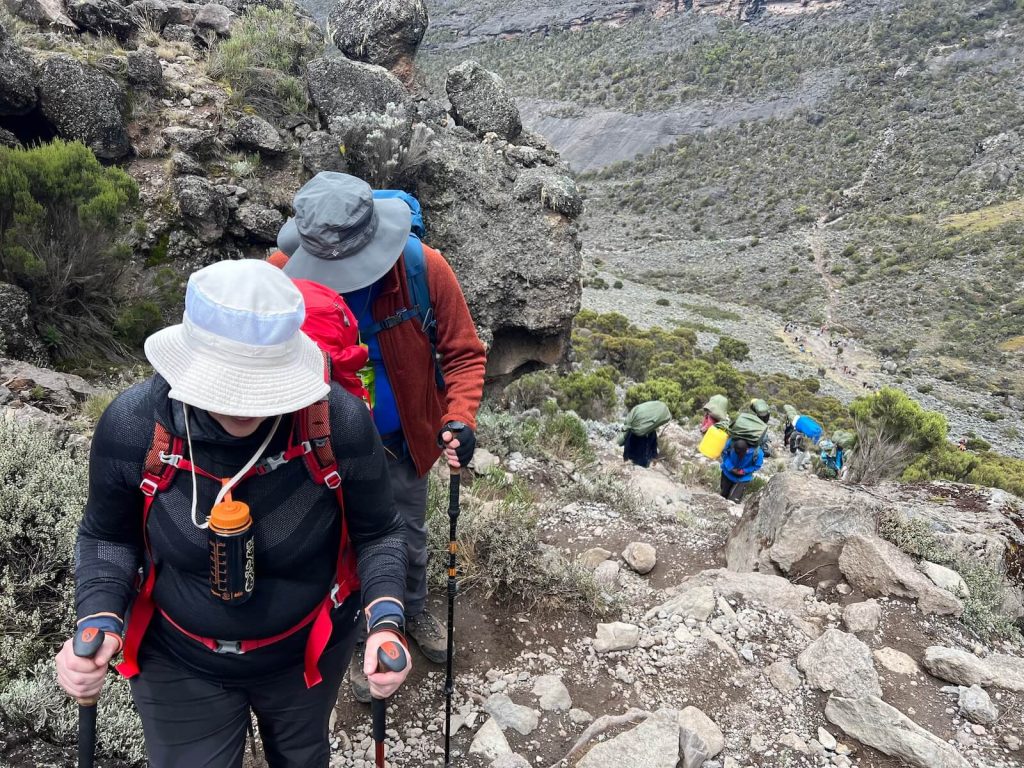
None of us is as good as all of us.” By booking a safari, climb, or any trip with the Kiliclimb Africa Safaris team, you not only get an unforgettable holiday in Tanzania but also contribute to making the world a better place. We are proud to be a part of the communities we serve, dedicating 3% of our profits per trip to community support.





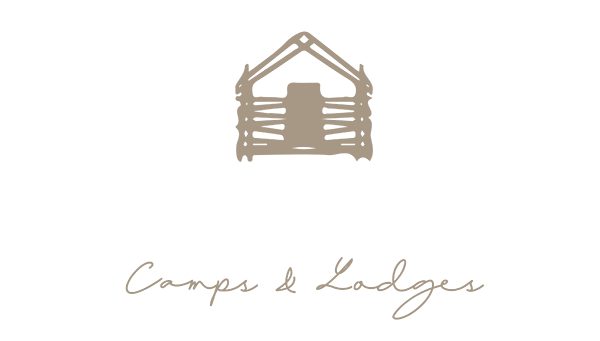



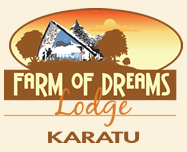
+255 768 735 700 (Managing Director)
+255 764 117 423 (Founder & Expert Guide)
